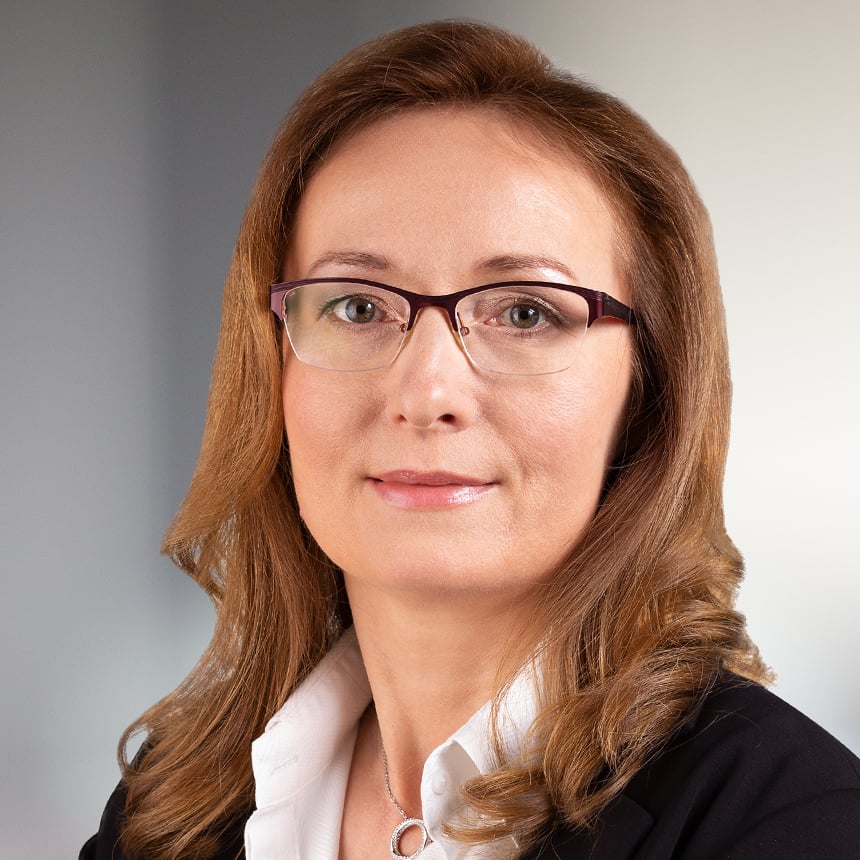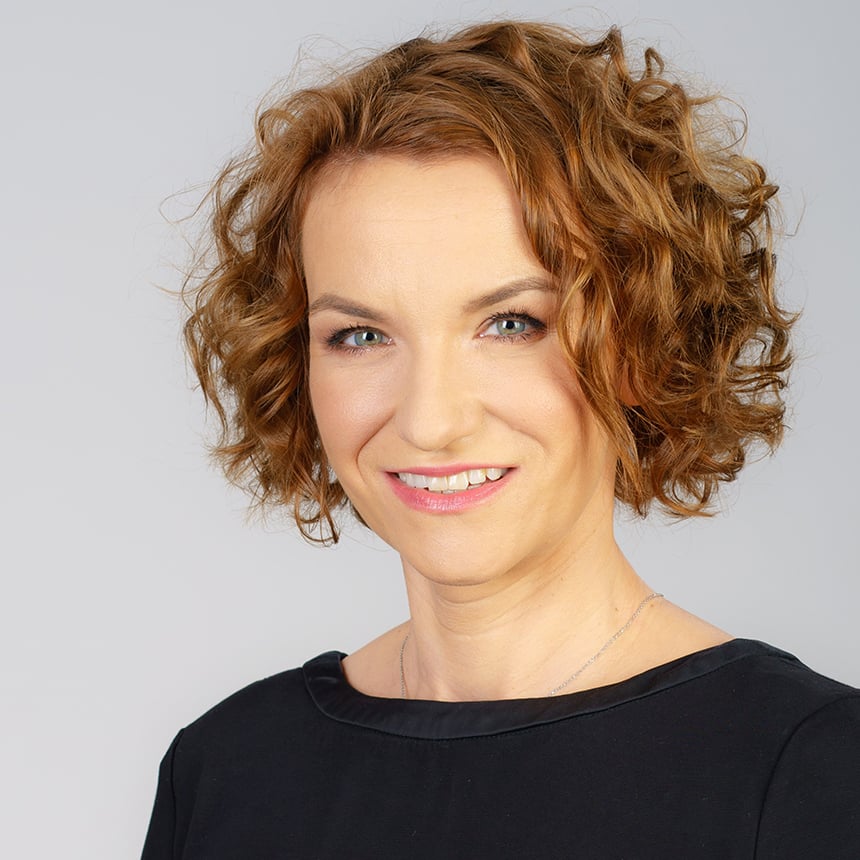The European Court of Justice passes another positive judgment on fixed establishment
On 7 April 2022, the Court of Justice of the European Union (“CJEU” or “Court”) passed a judgment in case C-333/20 – Berlin Chemie of Romania. The judgment touches upon one of the most disputable aspects of the value added tax – the fixed establishment, and it is a continuation of the recent trend in judgments, positive for taxpayers. The most essential conclusion of the CJEU judgment is the statement that the same technical and human resources cannot be used for the same transaction both to provide and receive the same services.
The Case
The case decided by the Court involved Berlin Chemie, a company established in Germany, which supplied pharmaceutical products to wholesale distributors in Romania. For the purposes of regular supply of medicinal products there, Berlin Chemie concluded a storage contract with a company established in Romania (unrelated).
Additionally, Berlin Chemie entered into a contract with its subsidiary established in Romania, operating in the area of public relations and communication, under which the latter undertook to promote the products of the German company in Romania through, inter alia, marketing activities, in accordance with the strategies and budgets established and developed by the German company. Moreover, the Romanian company was also responsible for: (i) taking all the regulatory actions necessary in order to ensure that the German company was authorised to distribute its products in Romania, (ii) providing assistance with clinical trials and other research and development activities, and (iii) ensuring an adequate supply of the medical literature and promotional material approved by the German company. Furthermore, the Romanian company took orders for pharmaceutical products from counterparties in Romania and forwarded them to the German company. It also dealt with the invoices which it sent to the German company’s customers.
The Romanian company received remuneration for its services from Berlin Chemie, which it documented with invoices exclusive of VAT, on a reverse-charge basis, taking the view that the place of supply of those services for VAT purposes was the service provider’s country (Germany). The authority took a different stance. It took the view that the place of provision of the services was in fact Romania, as the German company had a fixed establishment in Romania. The authority was of the opinion that the fixed establishment was created due to the fact that Berlin Chemie had continuous access to technical resources (mainly computers, operating systems, motor vehicles) and human resources, which belonged to the Romanian company. The authority took the view that the resources were sufficient to carry out regular supplies of taxable goods or services.
The Romanian referring court had doubts regarding creation of the fixed establishment in Romania, and it requested a preliminary ruling from the CJEU.
Conclusions of the Court’s judgment
When analysing the case, the CJEU presented a number of interesting and positive views regarding the fixed establishment.
In the first place, the Court repeated, following the judgment in the Polish case of Dong Yang Electronics (C-547/18), that the existence of a fixed establishment on the territory of a Member State with respect to a company established in another Member State cannot be deduced from the mere fact that the company has a subsidiary in said Member State.
The CJEU further stated, supporting the previously initiated line of rulings, that for a fixed establishment to be created, it was not necessary for the taxable person to have his own technical and personnel resources. The CJEU stated that it was sufficient “for that taxable person to have the right to dispose of the human and technical resources in the same way as if they were its own, on the basis, for example, of employment and leasing contracts which make those resources available to the taxable person and cannot be terminated at short notice”.
The CJEU judgment also indicates that the existence of a fixed establishment cannot be deduced from the very fact of the subsidiary providing access for the parent company to technical and human resources by providing services which may affect the volume of sales, as the subsidiary does not participate directly in the taxable activities performed by the parent company.
Lastly, the Court also referred to the aspect of “purchasing” fixed establishment, and held that the same means cannot be used both to provide and receive the same services. In this case, the technical and human resources of the subsidiary, which allegedly was Berlin Chemie’s fixed establishment, was also used by the Romanian company to provide services to the parent company.
The last statement made by CJEU is very interesting and universal. Although the Court’s judgment is narrowed to specific services as described by the facts of the case, we believe it can be an argument in other situations as well, where the Polish tax authorities deduce the existence of a fixed establishment, e.g. in tool manufacturing structures.
Should you have any questions or doubts regarding the issues discussed here, we are ready to help you. Feel free to contact us.
KONTAKT
E: aleksandra.kalinowska@pl.Andersen.com
T: +48 22 690 08 70
M: +48 724 440 693
E: elzbieta.lis@pl.Andersen.com
T: +48 32 731 68 58
M: +48 664 948 038



